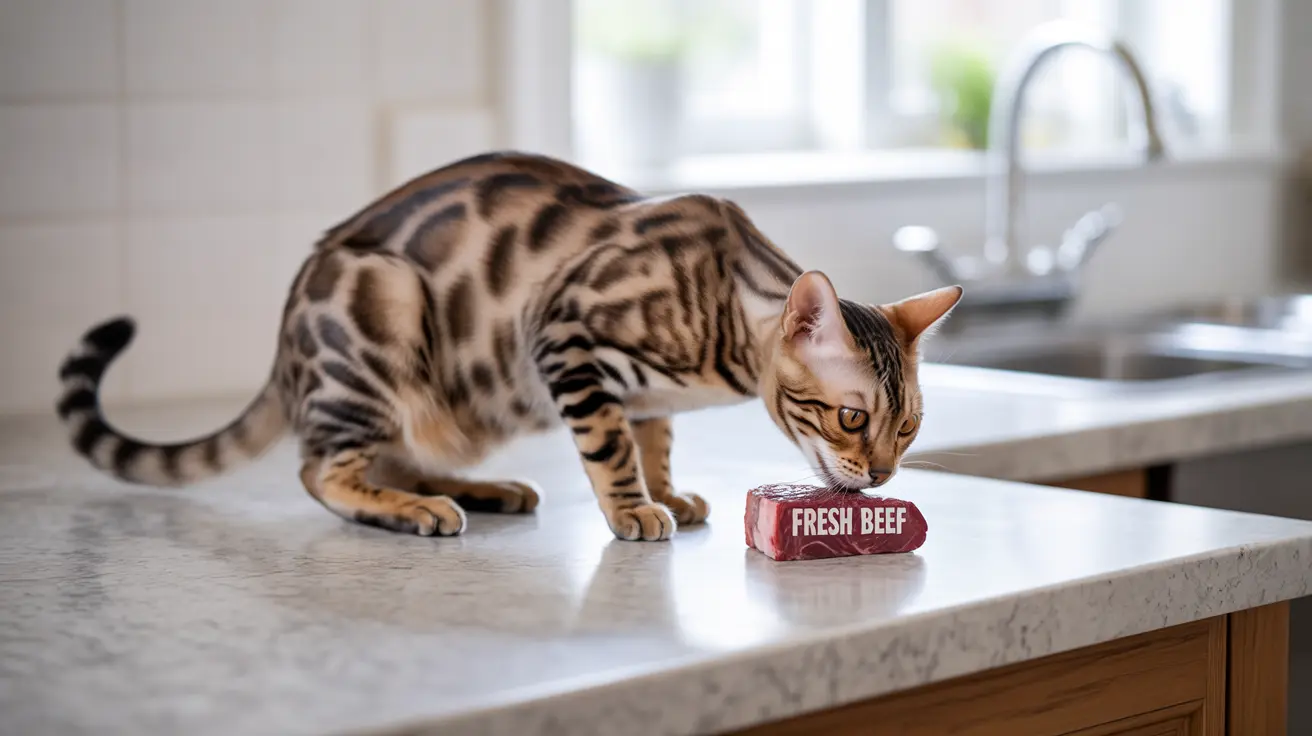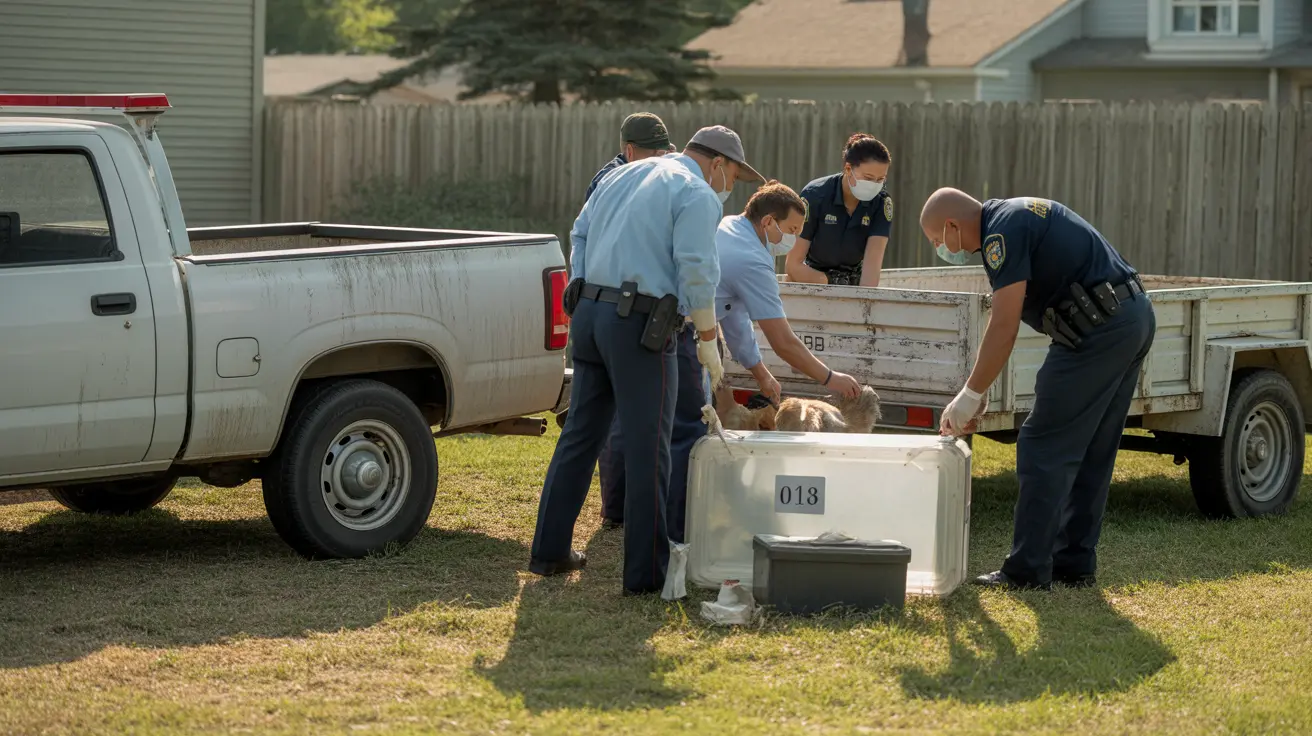If you've ever wondered whether cats can eat spoiled meat, the answer is a firm and resounding no. While cats are natural carnivores with strong digestive systems, feeding them spoiled meat can lead to severe illness and potentially life-threatening complications. Let's explore why spoiled meat is dangerous for cats and what you need to know to keep your feline friend safe.
As obligate carnivores, cats require meat-based proteins for survival. However, their digestive systems are designed to process fresh prey, not decomposed or contaminated meat. Understanding the risks associated with spoiled meat is crucial for every cat owner's peace of mind and their pet's wellbeing.
Understanding the Dangers of Spoiled Meat for Cats
Spoiled meat poses numerous health risks to cats due to the presence of harmful bacteria, toxins, and parasites. Unlike fresh meat, spoiled meat harbors dangerous pathogens that can overwhelm a cat's digestive defenses, leading to severe food poisoning and other health complications.
The most common dangerous organisms found in spoiled meat include E. coli, Salmonella, and Listeria. These bacteria can cause serious infections, resulting in symptoms ranging from mild gastrointestinal upset to severe systemic illness.
Common Signs of Food Poisoning in Cats
When cats consume spoiled meat, they typically show several warning signs within hours or days of ingestion. These symptoms can include:
- Severe vomiting and diarrhea
- Loss of appetite
- Lethargy and weakness
- Dehydration
- Fever
- Abdominal pain
- Muscle tremors
The Risk of Serious Complications
Beyond immediate symptoms, cats who eat spoiled meat may develop more severe conditions. Botulism, a rare but potentially fatal form of food poisoning, can cause progressive paralysis and respiratory failure. Additionally, certain molds present in spoiled meat can produce mycotoxins, leading to severe toxic reactions.
Safe Meat Handling Practices for Cat Owners
To protect your cat from the dangers of spoiled meat, follow these essential guidelines:
- Store raw meat properly in the refrigerator or freezer
- Check expiration dates regularly
- Discard any meat that shows signs of spoilage
- Clean food bowls and preparation surfaces thoroughly
- Never feed your cat meat that's been left out at room temperature
Frequently Asked Questions
Can cats safely eat meat that has gone bad or spoiled?
No, cats should never eat spoiled meat. Despite their robust digestive systems, spoiled meat contains dangerous bacteria and toxins that can cause severe illness or death in cats.
What are the symptoms my cat might show if it eats spoiled meat?
Common symptoms include vomiting, diarrhea, lethargy, loss of appetite, dehydration, and fever. In severe cases, cats may experience muscle weakness, tremors, or paralysis.
Which types of bacteria or toxins in spoiled meat are most dangerous to cats?
The most dangerous pathogens include E. coli, Salmonella, Listeria, and Clostridium botulinum (which causes botulism). These can cause severe food poisoning and potentially fatal complications.
How should I store meat to prevent it from spoiling and harming my cat?
Store meat in the refrigerator at 40°F (4°C) or below, or in the freezer at 0°F (-18°C). Use within recommended timeframes and never leave meat at room temperature for more than two hours.
What immediate steps should I take if my cat has ingested spoiled meat?
Contact your veterinarian immediately if you suspect your cat has eaten spoiled meat. Monitor for symptoms and collect any remaining meat for potential testing. Don't wait for symptoms to appear before seeking medical attention.
Conclusion
While cats are meat-eaters by nature, spoiled meat poses serious health risks that can lead to severe illness or worse. Always prioritize fresh, properly stored meat for your cat's diet, and consult with your veterinarian immediately if you suspect your cat has consumed spoiled meat. Remember, prevention is always better than treatment when it comes to protecting your feline friend from foodborne illness.






